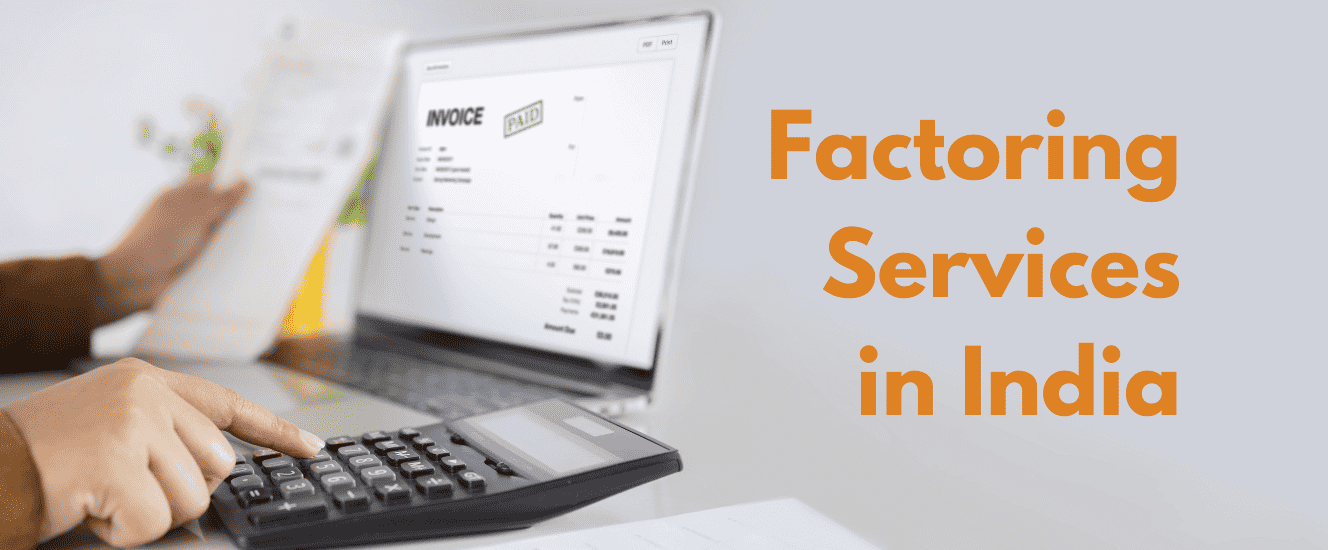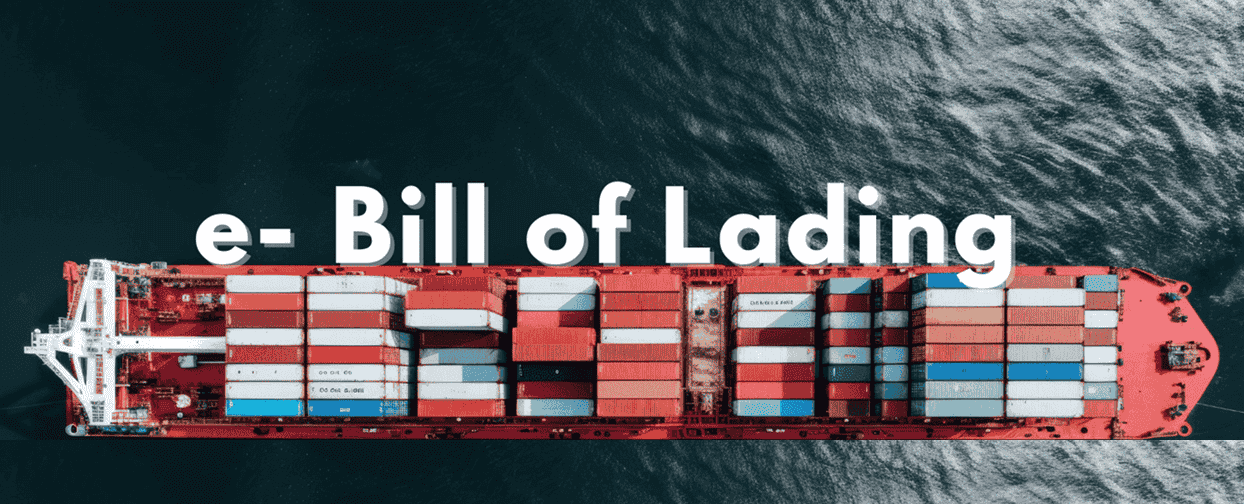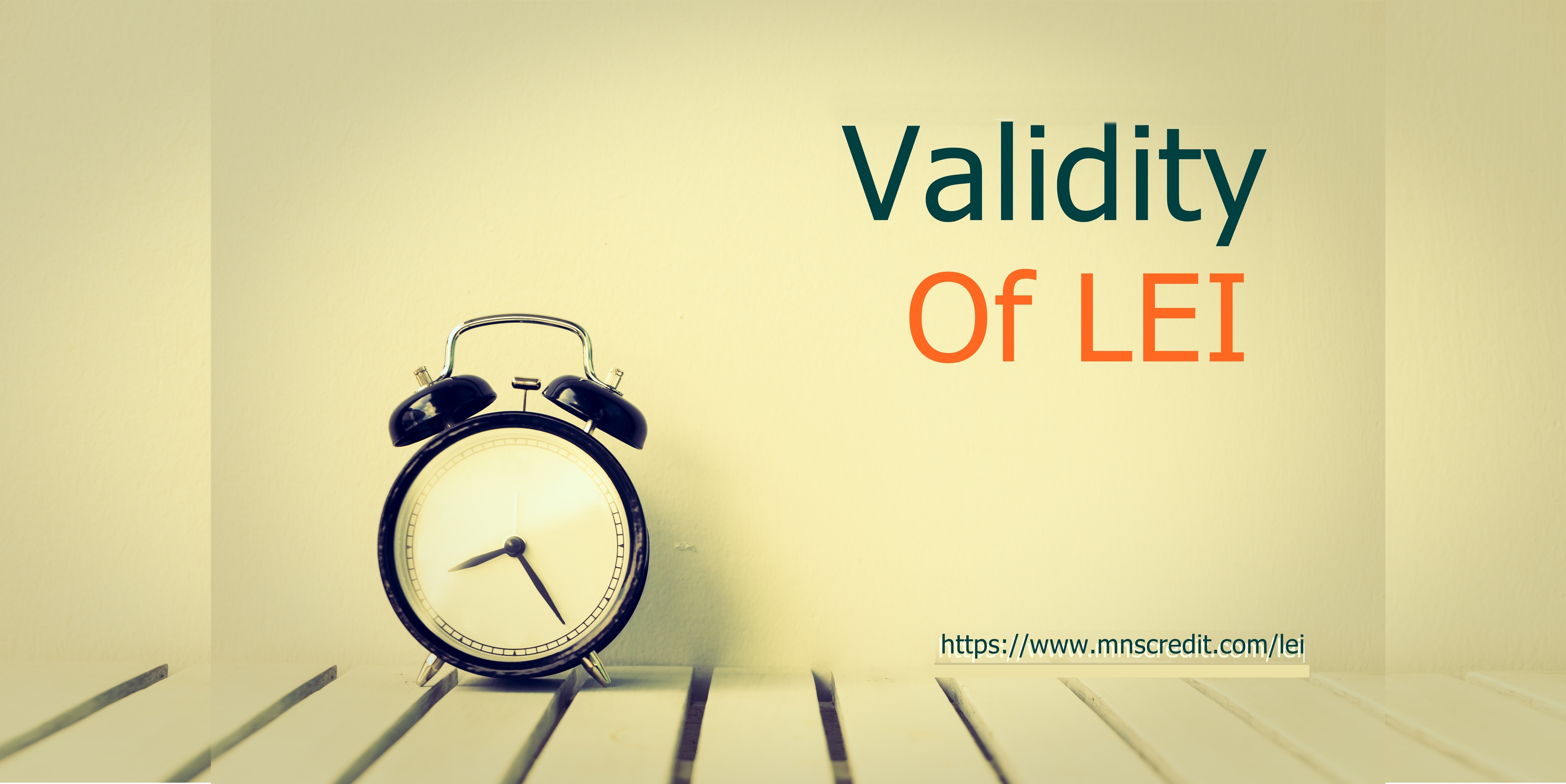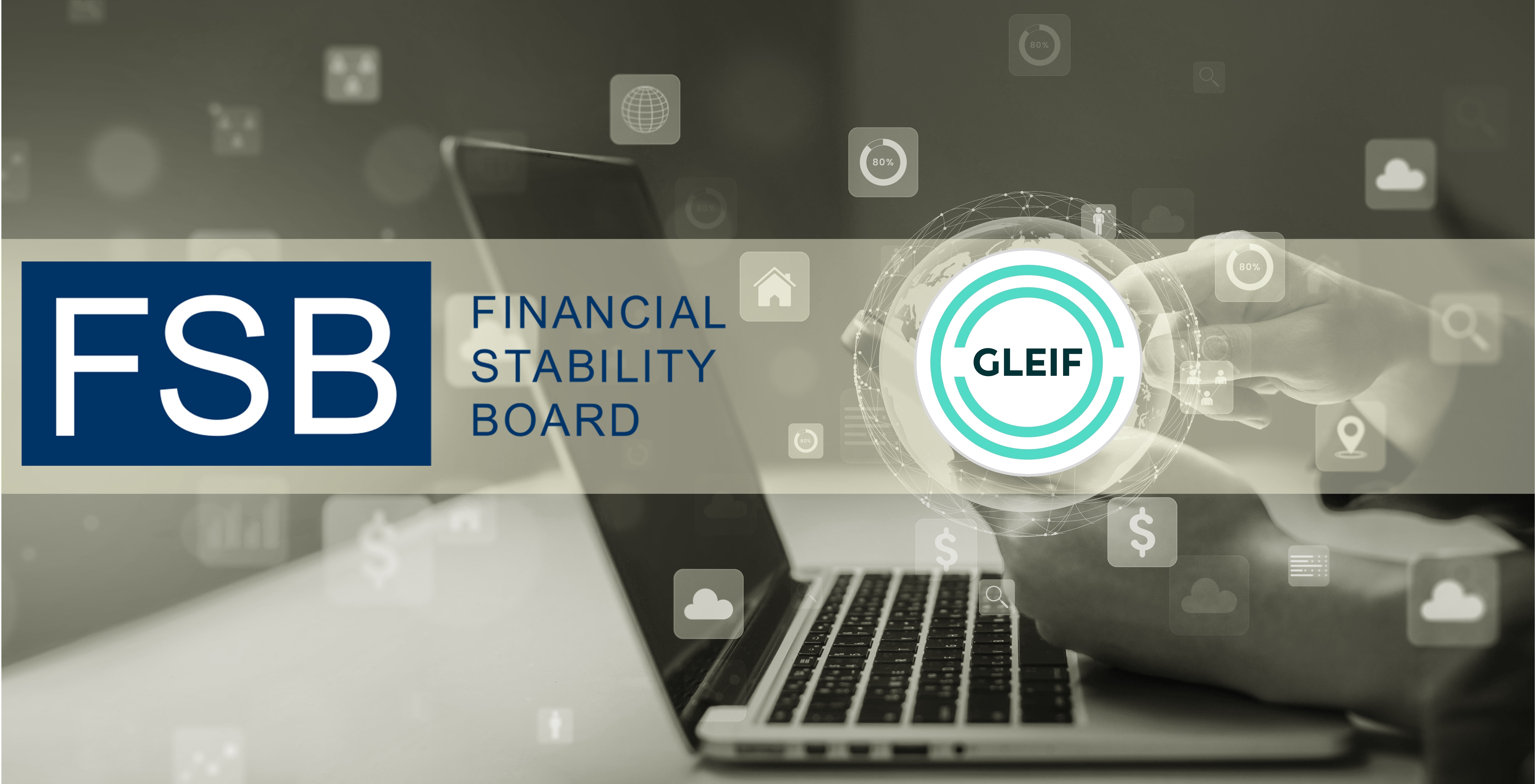In order to successfully recover debts in Singapore, a strategic strategy must strike a balance among ethical standards, effective communication, and legal issues. Debt collectors must use crucial tactics to do this, which guarantee a win-win situation for all sides. These tactics consist on comprehending the debtors' situation, abiding by the applicable laws, being professional, and using negotiation techniques. These vital techniques for effective debt collection in Singapore are covered in this brief guide.
There are several alternatives in Singapore for recovering debt. Being a developed market, there are both in-court and out-of-court methods for debt collection. In Singapore, both of these options are quite successful at recovering debt.
In Singapore, out-of-court solutions are a very successful way to handle debt recovery. In general, three different types of measures can be taken in out-of-court settlements:
The offer may not be accepted by the debtor, and a settlement may not be achieved, but it is still the most economical method of debt recovery. If this doesn't work, there are other solutions.
Small Claims Tribunal: When a debtor owes less than $20,000, a creditor may file a claim with the SCT. In SCT, hotel costs are not prohibitively high, and filing a claim does not require the services of an attorney. Unless both the creditor and the debtor increase it to $30,000, the claim limit is $20,000 per party. By using CorpPass or SingPass, the claim can be submitted online through the Community Justice Tribunal System. It is a system for resolving disputes quite quickly. Decisions made by the SCT may be enforced just like a court order. The circumstances under which a claim for debt recovery may be made in the SCT are listed in Schedule One of the Small Claims Tribunal Act.
Civil Actions: In order to recover debt from the debtor, creditors may file civil lawsuits in a court. If the debt is substantial and the debtor is able to repay the loan but chooses not to, this alternative may be economically feasible. For this alternative, creditors may retain legal counsel. If they are successful in establishing that a debt is owed, the court will grant the creditor a judgment. A Writ of Seizure and Sale (WSS) or garnishee order may be used to carry out the order. The debtor's property is seized and sold through a WSS, and the proceeds are used to pay back the creditor. The court selects an officer to handle the process. When a third party owes money to the debtor personally, a garnishee order is issued.
Bankruptcy Proceedings: If a debtor owes more than $15,000 in total debt, a creditor may file for bankruptcy against the debtor. This choice should only be made if the debtor lacks the financial means to pay back the debt. It should be emphasised that while the debtor's assets are distributed among all creditors, creditors often only receive a portion of what they are owed. When a bankruptcy case is filed, the interest on the debt also stops growing. To oversee the debtor's estates and create a strategy for the creditors to get paid back, the court names an Official Assignee.
Each scenario requires a different set of debt recovery procedures. To choose the appropriate course of action for debt collection, one should consult with a lawyer. The following lists the standard procedure for debt recovery in Singapore.
Step 1: A meeting with a lawyer is the initial step. This will make it easier for the attorney to comprehend the circumstances behind the debt the debtor owes. It will also assist the attorney in determining the best course of action to follow in order to recover the debt.
Step 2: Examining the debtor's surroundings and his assets is the next step in evaluating the debtor. We must determine if the debtor has the means to pay back the money and whether legal action is necessary.
Step 3: is the issuance of a letter of demand. The lawyer will provide this official document outlining the entire amount due, the seriousness of the circumstance, and the repercussions of non-payment. This is a crucial phase since the debtor will now understand the gravity of the situation and may now respond if they are being evasive. In court, this will be a crucial piece of evidence.
Step 4: Following the issuance of a Letter of Demand, the next step is typically to wait for a response and, if one is given, to engage in negotiations with the debtor. In such a letter, a deadline is specified, and the debtor must respond within that window of time. With the aid of a lawyer who carefully considers all the relevant facts and circumstances, a payment arrangement with the debtor may be formed.
Step 5: A creditor may file a lawsuit against the debtor to recover the debt if an agreement cannot be reached or a response is not received.
The court must be convinced that a debt is owed, and the legal documents must be filed on time. If the creditor is successful, the court will issue an order for the debtor to pay back the loan.
Step 6: A debtor may refuse to pay back the debt even after the court issues an order. The next action that can be taken is to enforce the order. This can be accomplished through the use of a lawyer, who can offer the best option for enforcing the order.
The debtor has the right to refuse to return the money owed to the creditor even after the court issues a judgement in the creditor's favour. In such a case, a creditor must acquire a Garnishee Order or a Writ of Seizure and Sale (WSS) in order to carry out the court's ruling. When a judgement is rendered in the creditor's favour, he is designated as the judgement creditor, and the person who owed him money is designated as the judgement debtor.
For a lending firm, hiring a reputable debt collection agency is crucial since it may maximise the amount of debt that is collected and paid back to you. The collector company should utilise open techniques while collecting debts and reporting to you so that a good relationship with your clients can be maintained in a good environment. The following advice will help you choose the best debt collection agency for your business.
In general, it's advisable to take debt collection companies with higher recovery rates into account rather than choosing a company just on the basis of percentages obtained. This is due to the fact that many organisations operate inefficiently to collect debts that can be readily recovered while ignoring other debts. Therefore, even if a company charges a small hire % as its price, it is preferable to choose one that can offer a superior return on investment.
“Following the advice in this article will help you choose the top debt collection agency in Singapore."
The worth and collectability of your portfolio of accounts receivable are influenced by a variety of factors. The following five crucial elements should be taken into account when deciding when to declare an account delinquent or non-paying
In conclusion, successful debt collection in Singapore hinges on clear communication, empathy, professionalism, legal compliance, negotiation skills, meticulous documentation, timely follow-up, flexibility, technological integration, and continuous learning. By integrating these strategies, debt collectors can navigate the landscape effectively, recover debts, maintain positive relationships, and uphold industry standards.
Recommended Read:









